Mission
Memphis-based IT and electronics firm taps local neighborhoods for talent, builds up communities through innovation and technology.
ER2
Location: Memphis, TN
Industry: Electronics Recycling
Website: er2.com
Leadership: BIPOC-Owned/Led
ICIC Program: Inner City 100, Inner City Capital Connections
By the time he graduated from Arizona State University, Chris Ko was a dad of three young babies, the first of which he and his wife had when they were just 16-year-old high school sweethearts.
With a young family to support, he went right to work out of ASU in venture capital and private equity, a competitive field where he learned quickly how to grow a business and maximize financial return. But he felt a bigger calling.
He always dreamed of starting his own company, one that would provide jobs and stability to young families like his. When the 2008 recession hit, he decided to leave finance and went into electronics recycling. In 2010, he partnered with Rick Krug, a Wisconsin entrepreneur who grew up on a farm, and they formed ER2, with a mission to recycle electronics, provide IT services, and create jobs and opportunities at the hyper-local level.
“We wanted to have a company that could impact our communities in a positive way,” Ko says. “We believe in communities and we believe in people.”
The company found its niche quickly and grew fast. They helped large companies and organizations install new computer systems and networks and started recycling old laptops, servers, monitors, and other computer equipment. They refurbish old electronics, resell them at a discount to small businesses, nonprofits, and others, and donate thousands of laptops to schools, seniors, veterans, and organizations in underserved communities.
They now have their worldwide headquarters in Memphis, which includes a 100,000-square-foot processing facility, and eight locations, including Winter Haven, Fla., Omaha, Sacramento, Nashville, Mesa, Ariz., Phoenix, and Houston. The company processes six million pounds of electronics a year and sells more than 25,000 computers per year, in addition to donating thousands.
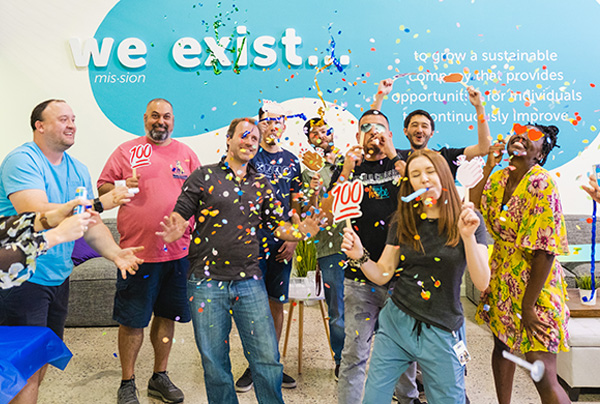
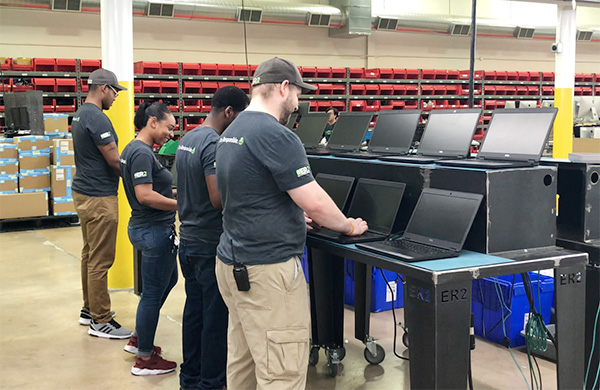
Growing through employee development
With more than 140 employees, Ko has learned to delegate and lean on his managers and employees to help him keep the company on the right path to growth while adhering to its core mission.
“My biggest challenge was myself – recognizing my weaknesses and my strengths,” he says. “And recognizing other people and hiring them and leading them well and helping them utilize those gifts that they’ve been given. Delegating and growing as a leader was probably the biggest challenge.”
The company from its early days focused on hiring from the local community, targeting underserved neighborhoods where career opportunities are often scarce.
“We believe that each individual has unique value and unique gifts and talents,” Ko says. “We want to be the ones to give these safe spaces for these opportunities. But it’s not only about profits. They’re ripe for it. We believe that’s a competitive advantage. It comes down to loyalty and commitment and helping people believe in themselves.”
The company has continued to help under-resourced communities in a variety of ways, including hosting community events, such as a “Trashion” show in Memphis where designers used recycled materials to create fashion and raise awareness of recycling. The company also focuses on breaking down the digital divide in cities by providing electronics and computers for those without the means to purchase expensive technology.
“For someone to not have that technology at all is very challenging,” he explains. “Imagine going through junior high or high school without having these devices or being connected at all. It’s impossible.”
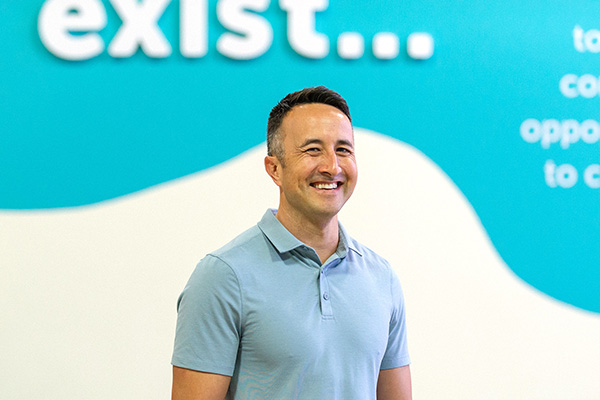
“We believe that each individual has unique value and unique gifts and talents. We want to be the ones to give these safe spaces for these opportunities. But it’s not only about profits. They’re ripe for it. We believe that’s a competitive advantage. It comes down to loyalty and commitment and helping people believe in themselves.”
Chris Ko, CEO, ER2
ICIC’s networking effect
The company was one of ICIC’s Inner City 100 businesses in 2021 and in 2018, it was awarded ICIC’s Chevron Dorothy A. Terrell Community Impact Award. ER2’s partnership with ICIC has been invaluable, Ko says, especially for networking. For example, after winning the Chevron-sponsored award, ER2 secured a partnership with the energy giant and the company has been an ER2 client ever since.
“It has been really helpful to expose us to some really great potential clients, large organizations,” Ko said. “Hearing from other organizations that were continuing to grow that were bigger than ours, hearing the insight into the steps they took to get there, including the hurdles and challenges, helped my process. It’s not easy to get access to organizations that are growing like ours. It’s really about a connection to other businesses and organizations.”
While COVID impacted operations, the pandemic also opened new opportunities for ER2 as the need for technology became essential as more people worked from home and schools shifted to online learning.
“When we say we’re open for business, I think that means we’ve made it through some really difficult times and we continue to evolve and thrive,” Ko says.
The company encourages employees to give back as well, paying them 20 hours per year to do volunteer work in their communities. Employees also receive extensive training, best-in-class benefits packages, and career guidance – all with the goal of employee retention and workforce satisfaction. Providing career opportunities in marginalized and underserved communities is part of ER2’s holistic community-building plan.
“They’re going to get paid more and get training and skills, and at the same time, have a personal development plan. What it does is it revitalizes them by building their character, self-esteem, and value and improving their financial lives,” Ko says. “They’re going to get a whole life plan, and not just a new job. It’s something hopefully that is life-changing.”
He adds: “We believe in the community and we believe that if we don’t do it, who will?”
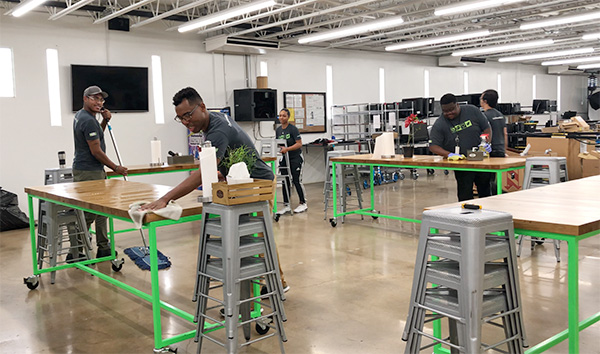
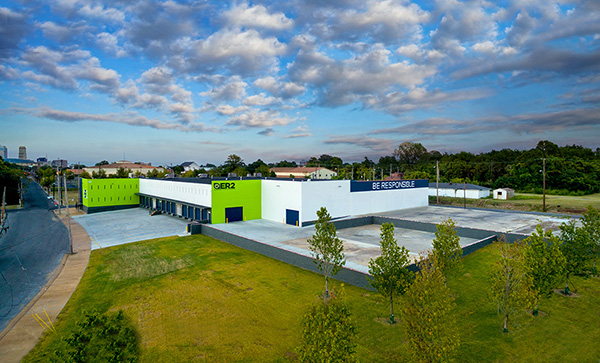
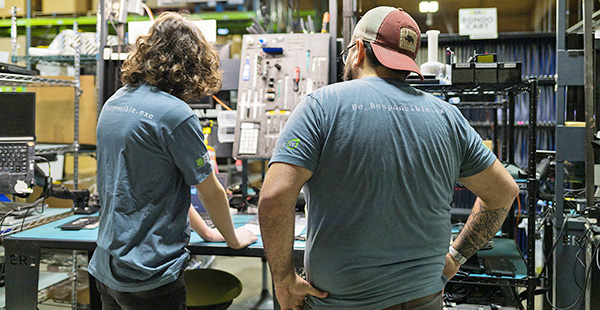
Photo credits: Photos courtesy of ER2.